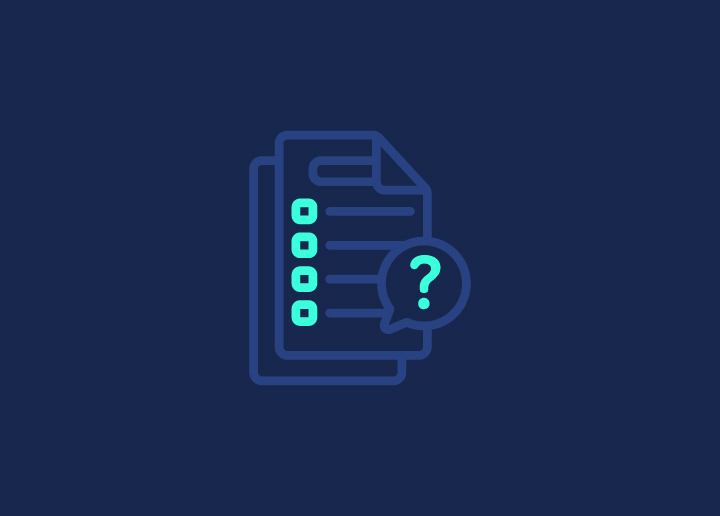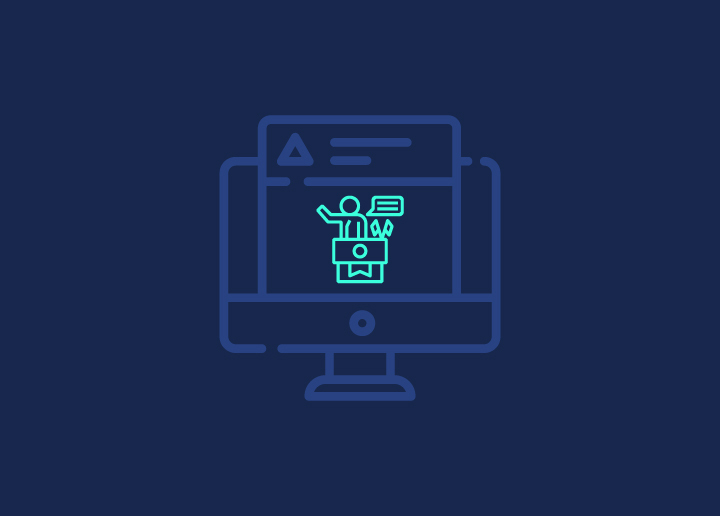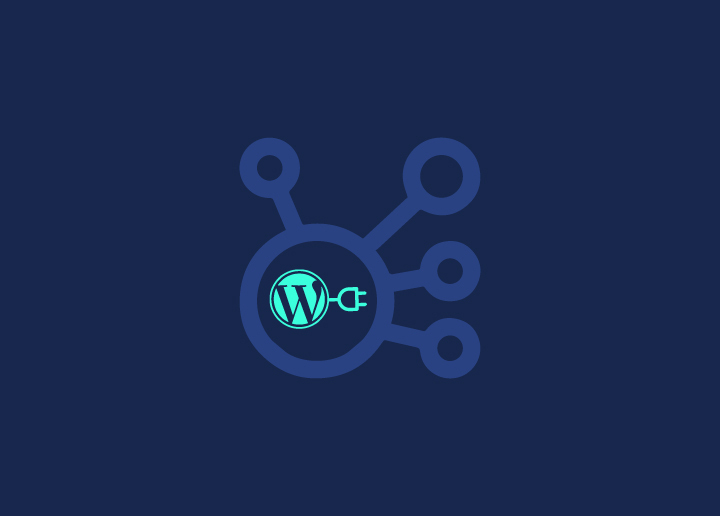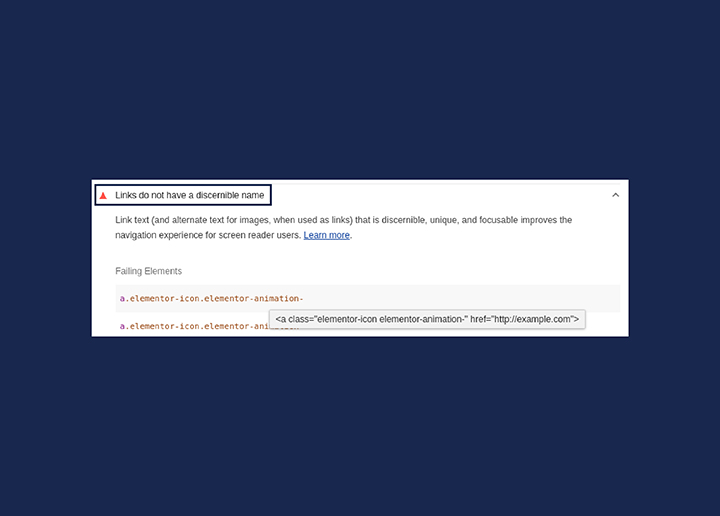The term “duplicate content” refers to information found in more than one online location. That “one place” is a location with a URL. Therefore, you have the same material if the identical content occurs at more than one web address.
Even though it is not strictly a penalty, duplicating material may occasionally influence where a website ranks in search engines. When many pieces of material are “appreciably similar,” as Google describes it, located in more than one place on the Internet, it may be challenging for search engines to determine which version is more relevant to a particular search query.
Contents
ToggleHow do duplicate content concerns happen?
Most often, the proprietors of websites do not purposefully produce duplicate material for their sites. However, this does not imply that it is not present in the world. According to some estimates, as much as 29 percent of the material on the web is duplicated!
Let’s take a look at some of the most prevalent ways that the same material might be made without the author’s knowledge:
URL variants
URL parameters, such as those used for click tracking and analytics code, may sometimes result in problems with duplicate content. Not only may this be an issue caused by the parameters themselves, but it can also be a problem caused by the order in which those parameters appear in the URL itself.
Similarly, session IDs are one of the most typical causes of duplicating material. This occurs when a unique session ID for each user visiting a website is saved in the URL. This ID is issued to each user individually.
It’s possible to generate duplicate content using session ids or parameters.
When numerous copies of a page are indexed, as may occur when printing-friendly versions of material are used, this can lead to problems with duplicating content.
One thing we should take away from this is that, where it’s feasible to do so, it’s typically best to avoid adding URL parameters or different versions of URLs (the information in those containers can usually be passed through scripts).
Content that has been scraped or duplicated
Not only does content consist of blog entries and journalistic material, but it also contains information pages about products. The practice of scrapers republishing your blog material on their websites is perhaps the most well-known source of duplicate content; nevertheless, another prevalent source of identical content for e-commerce websites is product information. When many different websites offer the same products and all utilize the manufacturer’s descriptions of those products, the same material is distributed over the Internet in several other areas.
How do we resolve concerns with duplicate content?
The resolution of difficulties with duplicate material always comes down to the same fundamental concept: identifying which copies are the “right” version of the information.
It is essential to canonicalize information for search engines if it exists on a website and can be accessed via more than one URL. Let’s discuss the three most common approaches: a 301 redirect to the correct URL, the rel=canonical attribute, or the parameter handling tool available inside Google Search Console.
Refer to Seahawk Media for more such articles.


















